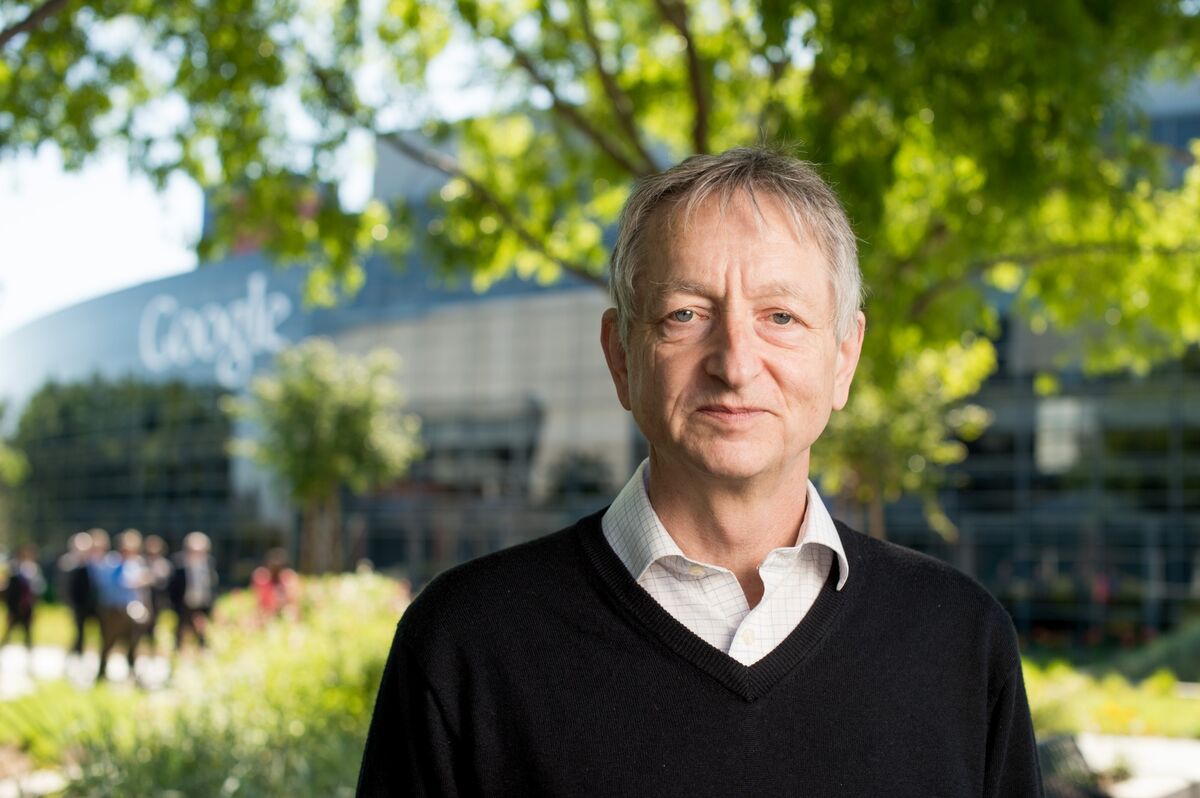Geoffrey Hinton was one of the artificial intelligence pioneers. As a graduate professor at the University of Toronto, he and two students had an idea that they could build a system that could analyze thousands of photos and automatically identify various objects with full accuracy. Google came calling to further develop this interesting new tech, and Hinton and his students even got a nice, splashy write-up in the New York Times. They had just developed the foundation for artificial intelligence. Google also gave the trio $44 million to buy their company based around the new tech.
That was back in 2017, and boy, have times changed. Hinton just quit his job at Google, after a working there for over ten years. In addition to his academic work, Hinton worked for Google at the time as well. “I console myself with the normal excuse: If I hadn’t done it, somebody else would have.” Certainly not a wringing endorsement.
One of Hinton’s key concerns is that AI can be used as a powerhouse to blast out lies and misinformation. Essentially, it can be the world’s strongest propaganda machine, a scary thought if found in the hands of an authoritarian government. “It’s hard to see how you can prevent the bad actors from using it for bad things.”
Hinton signed onto a letter with over a thousand tech and research heavyweights, asking for a six month moratorium on continuing AI development. They felt that it poses a profound risk to humanity. Another letter was released that included the chief scientific officer at Microsoft. Google itself has put the kabash on AI in their search engine, but Bing hasn’t. Now Google worries their pipsqueak competition may become something much more mighty.
To go over AI’s abilities would be endless, in fact I’d need AI to do it. But as mass automation overtakes the physical labor world, does artificial intelligence take over the mental labor world? Technology isn’t always as wonderful as it’s cracked up to be. I apologize in advance to my future robot overlords.


















Add comment